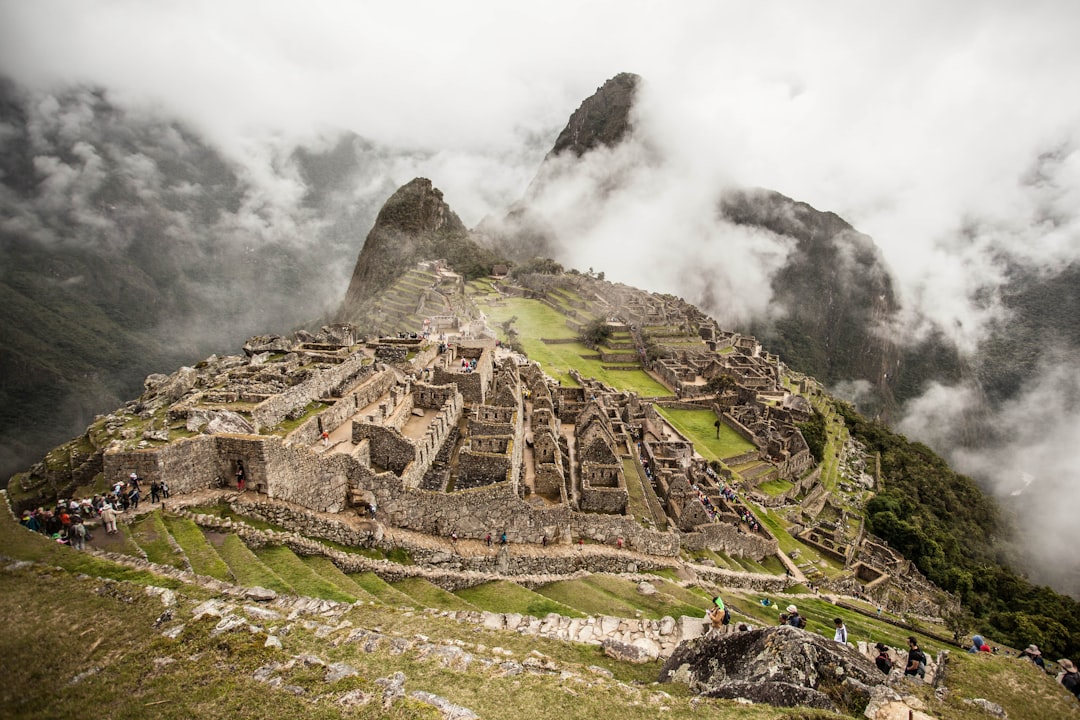The Beginning of Nations
Before I post my speculative short story, The Beginning of Nations, let me share one more book written by the man who inspired it. S. Joshua Swamidass.
The book The Genealogical Adam and Eve: The Surprising Science of Universal Ancestry had been on my want-to-read list for a long time. I don't remember what prompted me to put it there. But June 2023 seemed an appropriate time to purchase it due to all the studies I had been doing on Adam and Eve that spring.
And I did read it—from the beginning to the end. Though it bogged down at times, I pushed through. I wanted to know what he thought about the genomic research. Was he as taken aback as I was?
Yes, he was.
He had grown up under similar influences and was compelled to explore numerous scholarly views and propose his own. I appreciate the amount of work he put into it. It made it much easier for me, though I don't agree with everything he proposed. That's okay. He made it clear that there is plenty of room for amicable disagreement.
First, let me tell you where we agree.
I had not before considered the difference between genetic and genealogical inheritance. I am now convinced (as Swamidass hoped his readers would be) that even though modern humans do not possess genetic material from Adam and Eve, that in no way proves we are not their descendants. And it in no way proves they did not exist. What genealogical inheritance proves—is that with no barriers to migration, Adam and Eve could well have been our universal ancestors as early as 700 years ago. This means their being our universal ancestors from 6000 to 10000 years ago is not far-fetched. It is very likely to be true.
Now I will tell you where we disagree.
Being that both of us are convinced that humans evolved over hundreds of thousands of years, Swamidass holds onto the de novo creation of Adam & Eve. He devotes many sections of the text to this position but raises the one obvious question himself.
On page 166, he asks:
"Why would God make biological humans outside of the Garden by an evolutionary process and then create Adam and Eve de novo inside of the Garden?"
Why indeed?
Swamidass maintains that hundreds of years of Christian tradition is sufficient justification. That, coupled with the fact that de novo creation cannot be disproven, he continues to hold firm. In Chapter 14, he speculates what it may have looked like historically.

He presents evolving humanity as innocent and harmless, with their small communities living at peace with one another. There was no war, slavery, or excessive evil behavior. These things didn't begin to happen until cities started to pop up. That's when God intervened by creating de novo humans, male and female, to lead the emerging civilization. But, alas, the plan goes awry, and instead of leading humanity into peace, they are led into chaos and calamity. Their failure marks the beginning of a social revolution that infests every generation that followed.
And that is why we need Jesus.
I do understand that position. We do need Jesus—that is a fact. But why, oh why, does our Western culture continue to grasp onto the grandeur of a superior race of people? Yet, Swamidass insists that common descent is not racist because everyone, every human being, is now a descendent of Adam within his genealogy and probably has been since the establishment of the Hebrew nation, or at least since the birth of Christ.
Even so, it is alluded that the people of common descent were inferior homo sapiens compared to the descendants of Adam. As if God himself did not create both.
I bring up the question again.
"Why would God make biological humans outside of the Garden by an evolutionary process and then create Adam and Eve de novo inside of the Garden?"
If we, as homo sapiens, evolved, it should not be a source of shame. Why should we be ashamed of God's astonishing creativity?
But who am I?
I am not a professional biological scientist or theologian.
I am a writer.
Next Time On Earth as in Heaven
In his book, Swamidass challenges his readers to create narratives of their own, and that is what I did. Next week, I will share Act 1 of a speculative fiction series I call The Beginning of Nations.



That's an excellent question, Kim.
Hey Kim, this is Joshua Swamidass. Thanks for reading the book and for posting a review. I'll look forward to seeing how you imagine the "Beginning of Nations." Peace.